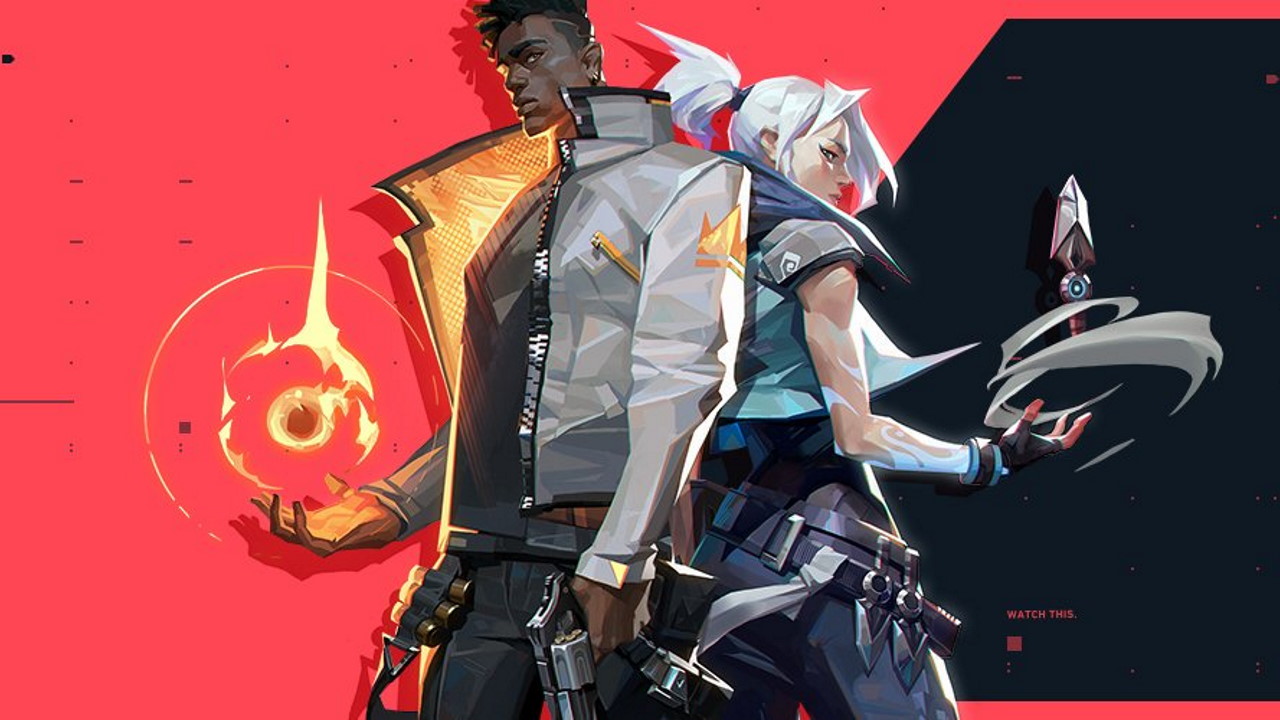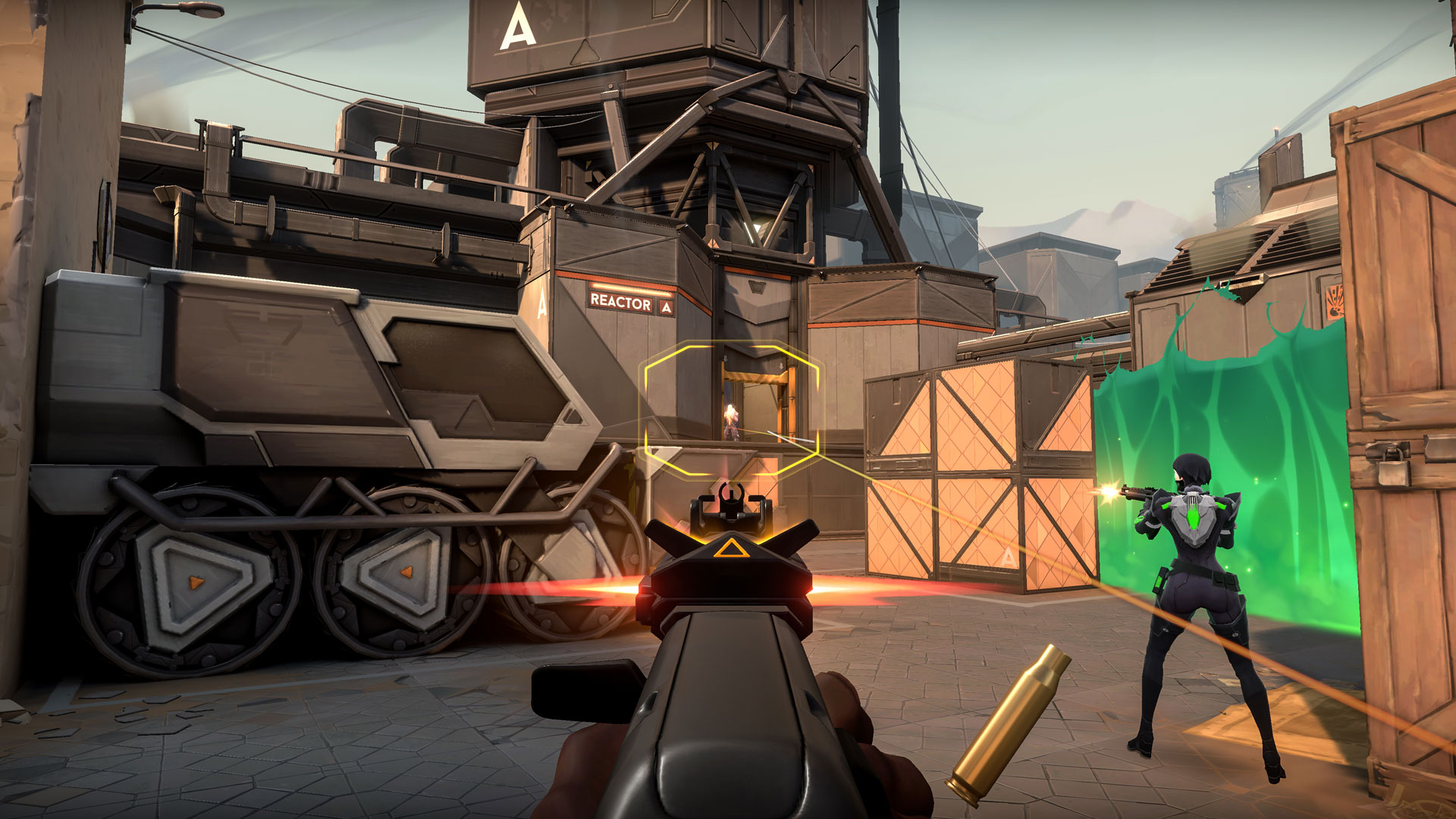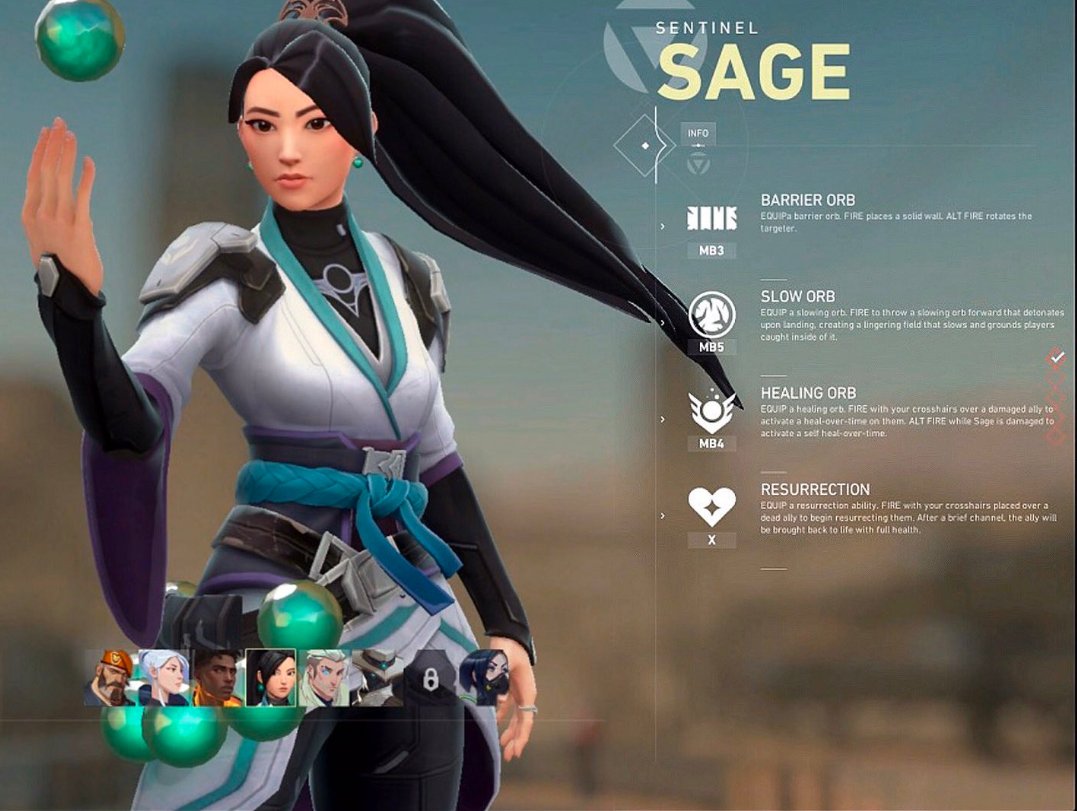Valorant: Everything we know about Riot Games' new 5v5 shooter
All the details on the new shooter from Riot Games, Valorant

Previously known as Project A, Valorant was recently revealed to be the new shooter that League of Legends developers Riot Games has been working on in secrecy. It’s part of a series of new projects created to develop the studio’s portfolio alongside CCG Legends of Runeterra, mobile ports and an unannounced fighting game currently known as Project L. With early impressions from the Valorant beta shedding some light on the game, we thought it’d be best to collect everything we know about Valorant so far.
Fast facts
- Release: TBC 2020
- Genre: 5v5 tactical shooter with unique heroes
- Developer: Riot Games
- Status: Closed beta
Valorant release date - When is it coming out?
Closed beta begins April 7 with EU and NA. More regions to come as we deploy server infrastructure. Learn how to get in line: https://t.co/Q13KQImW03 pic.twitter.com/hp2hT3EXyRMarch 30, 2020
After being leaked at the start of March, Valorant was officially unveiled by Riot a few days later. According to the studio, Valorant will arrive during summer 2020 – though no exact date has been given – with a closed beta currently live in both EU and NA regions. The tweet embedded above details how you can sign up for the beta and gain access.
What will the Valorant gameplay be like?

Valorant looks to be a hardcore blend of Counter-Strike’s structure and gunplay with the coordinated chaos of Overwatch’s abilities and hero pool. The game will start with two teams of five squaring off against each other in combat for up to 24 rounds, and the game mode demoed to press and influencers appears to follow in Counter-Strike’s footsteps, offering a bomb defusal scenario. We don’t know if this is the only game mode in Valorant. If you’re yet to play Counter-Strike, you may be familiar with Search and Destroy in Call of Duty, which is fairly similar in its side-swapping bomb defusal setup. Unlike Overwatch, you won’t be able to swap characters between rounds to adapt to the opposing team’s composition.
On the official website, Riot mentions its crucial investment in “128-tick servers” and a global spread of data centers. The studio has made clear that they’ve been obsessing over netcode and are committed to anti-cheat measures to keep the game free of cheaters and hackers. The gunplay in Valorant looks to be precise like its forerunner Counter-Strike, with a short time to kill. There’s a focus on spread control and accuracy too and you’ll have a time set at the start of each round to purchase a variety of weaponry and tools. Guns will range from knives and pistols to shotguns and sniper rifles.
Yet unlike Counter-Strike, special powers are being thrown into the mix alongside the gunplay. “Valorant is a game for bold strategists who dare to make the unexpected play, because if it wins, it works,” reads the official copy on the game’s website. Riot notes that the game will run at at least 30 FPS on minimum specification PCs and up to 144 FPS on gaming rigs, meaning that it’s highly accessible across the board.
It will also offer a battle pass and purchasable cosmetics like sprays and player cards but there won’t be any loot boxes, Riot has confirmed.
Valorant trailer
You can check out a gameplay trailer for the game above which will give you a glimpse of how Valorant’s round by round gameplay plays out. Keep in mind that it is Alpha gameplay, but you’ll quickly become acquainted with the UI and the typical map structure which will be very familiar to Counter-Strike fans. Players purchase items and prepare behind plasma gates before fucking into cover and launching tactical movements on enemies. Some of the abilities are seen in this trailer, including a wall of poisonous smoke, a bow and arrow, mines and a massive flurry of knives that one hero can release from their body towards enemies.
Sign up to the GamesRadar+ Newsletter
Weekly digests, tales from the communities you love, and more
Rounds are fast-paced and brutal, and one peek could change the course of a round. The bomb is known as ‘the spike’ in Valorant and it appears to involve some sort of hacking mechanic. The UI includes a moving version of the game’s map, a killfeed, your four abilities, and their charge rates and your current arsenal, depending on what you’ve purchased at the start of the round. After each death, there’ll be a combat report to show you what damage was dealt and from what source. There also appears to be some status effects like decay which can be used to slow or rebuff the opposing force.
Valorant characters

Some of Valorant’s characters were leaked at the start of March, including a few names like Brimstone, Sage, and Viper. This leaked screenshot gives us a closer look at Sage, who is dubbed a Sentinel, which may be the name of Valorant’s support hero archetype if her abilities are anything to go off. These include Barrier Orb, which raises a wall, Slow Orb which creates a “lingering field” that grounds players and Healing Orb which, when fired at an ally allows them to regenerate their health. Her ultimate ability appears to be a resurrection mechanic similar to Mercy’s ult in Overwatch - Sage can bring her friends back to life with another targeted power.
All of the characters in the Valorant roster will follow this four ability structure, but beyond their primary ability that is usable on a round by round basis, two of their abilities will be purchasable at the start of a round and their ultimate will have a lengthy cooldown. It’s charged by getting kills and performing in-game. The characters that we know about so far are as follows:
- Sage
- Brimstone
- Jett
- Phoenix
- Viper
- Cypher
- Sova
- Omen
- Raze
- Breach
Valorant PC system specs
30 FPS - Minimum specs
- RAM: 4GB
- CPU: Intel i3-370M
- GPU: Intel HD 3000 (1GB VRAM)
60 FPS - Recommended specs
- RAM: 4GB
- CPU: Intel i3-370M
- GPU: Intel HD 3000 (1GB VRAM)
144 FPS - High-end specs
- RAM: 4GB
- CPU: Intel Core i5-4460 3.2Ghz
- GPU: Nvidia GTX 1050 Ti (1GB VRAM)
Related Valorant news
Jordan Oloman has hundreds of bylines across outlets like GamesRadar+, PC Gamer, USA Today, The Guardian, The Verge, The Washington Post, and more. Jordan is an experienced freelance writer who can not only dive deep into the biggest video games out there but explore the way they intersect with culture too. Jordan can also be found working behind-the-scenes here at Future Plc, contributing to the organization and execution of the Future Games Show.


